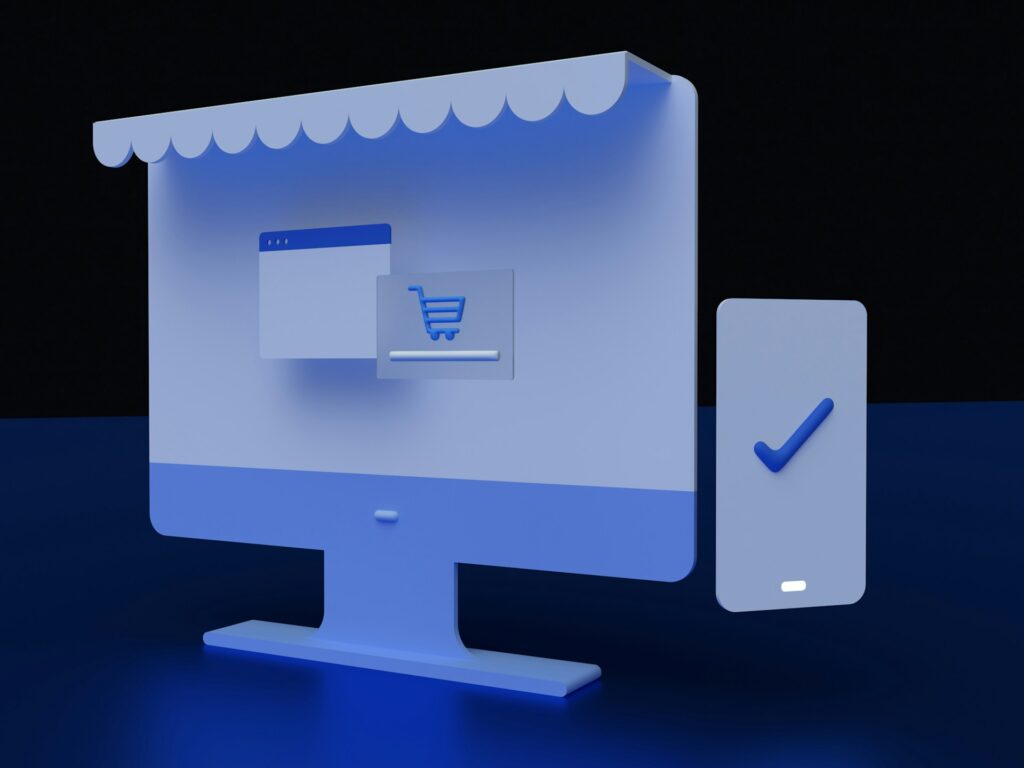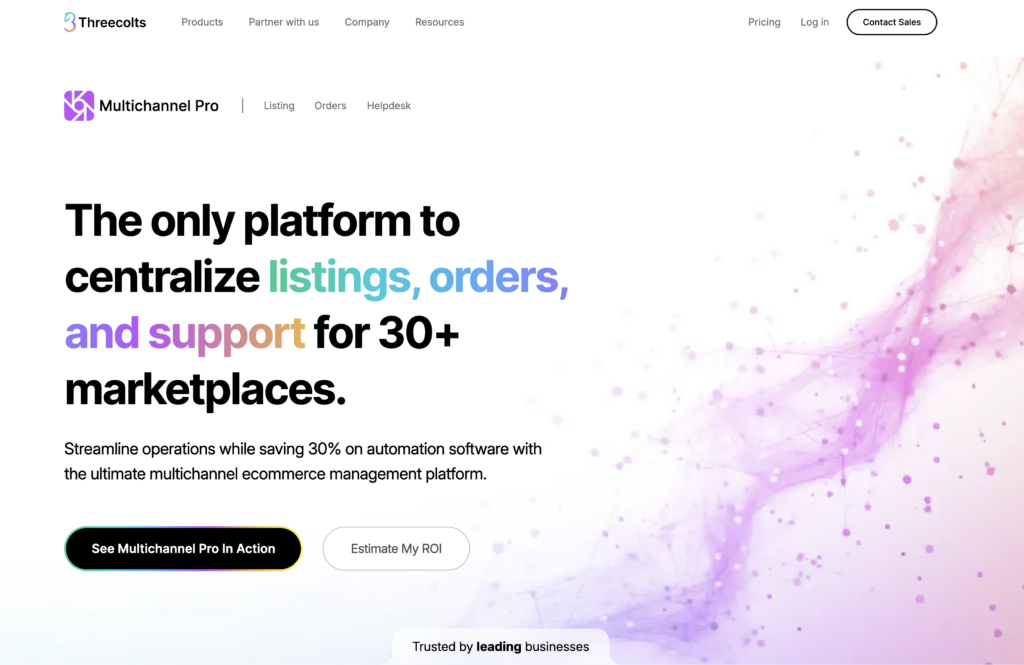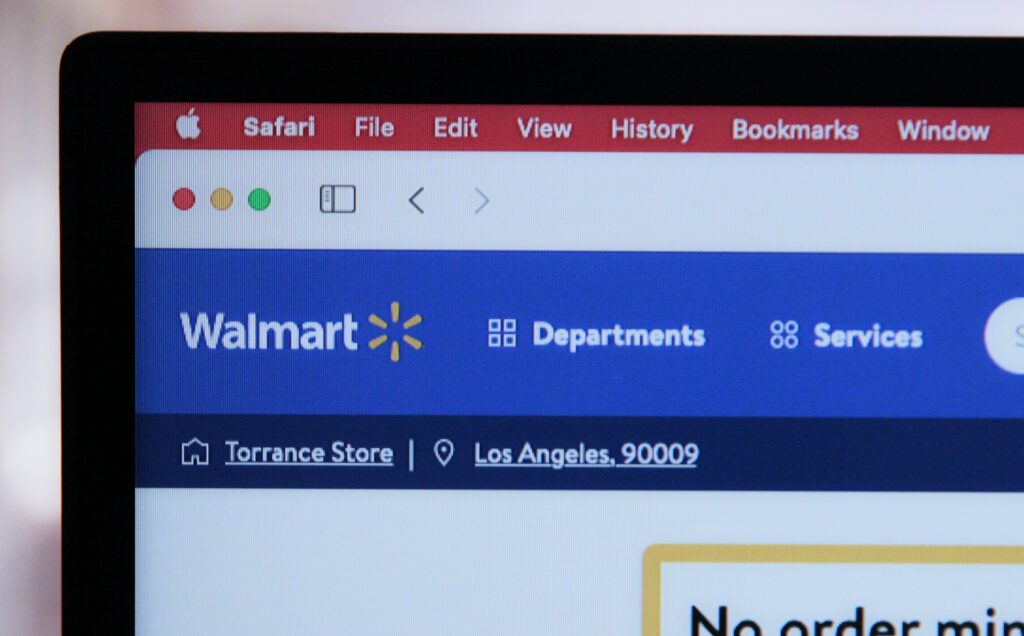- Blog
-
For DTC
Top 8 marketplace management platforms
Managing multiple marketplaces can be complex. These platforms simplify the process and give sellers a clear path to scale.

The math doesn’t lie: Amazon + eBay + Walmart + other marketplaces = total chaos without the right system. Each marketplace demands its own attention, follows different rules, and creates unique headaches when managed separately. Your time disappears into a black hole of admin tasks instead of activities that actually grow your business.
Many sellers have since discovered the secret weapon: marketplace management platforms. These comprehensive tools bring all your selling channels into one central dashboard, eliminating the constant platform-hopping that drains productivity.
Here’s our breakdown of some of the most powerful marketplace management platforms transforming ecommerce operations today.
But first… what exactly are marketplace management platforms?
They are software tools that help ecommerce businesses streamline their operations across multiple marketplaces with ease and flexibility, with no wasted time. They allow you to manage product listings, inventory, order processing, and fulfillment all in one place, thus not just saving you time but also increasing your operational efficiency.
Believe us, the benefits of using a marketplace management platform go beyond just simplifying operations. These platforms can also be used to mine valuable insights and analytics, allowing you to make data-driven decisions that benefit your business.
They also integrate with other tools, such as shipping and payment providers, to create a seamless workflow that makes everyone—customers included—happy. With their advanced features and automation capabilities, they allow you to focus on what really matters—growing your business and serving your customers.
Here are 10 marketplace management platforms in the market today.
1. Seller 365

Seller 365 solves the biggest headache for Amazon and Walmart sellers: subscription overload. Instead of paying for 5+ separate tools, Seller 365 delivers 10 seller apps in one $69/month bundle.
The platform covers your entire selling workflow: finding profitable products with Tactical Arbitrage and ScoutIQ, managing inventory with InventoryLab, optimizing prices with SmartRepricer, automating review requests with FeedbackWhiz Emails, and tracking true profitability with FW Profits.
Research shows most sellers save around $250/month by consolidating their tech stack, and that’s before counting the productivity boost from having everything work together seamlessly.
2. Multichannel Pro

If you’re selling beyond Amazon, Multichannel Pro transforms how you sell across multiple marketplaces. This comprehensive platform handles three critical areas that typically become bottlenecks for growing sellers.
- Its listing management lets you create product content once and publish it to Amazon, Walmart, eBay, TikTok Shop, and 25+ more marketplaces.
- Its order management routes every order to the optimal fulfillment location automatically.
- Its unified helpdesk brings all customer messages and order details into one interface, letting support teams resolve issues 4X faster.
Major brands like BMW, Puma, and Hoover use Multichannel Pro to launch on new platforms in days instead of months, all while cutting operational costs by up to 30%.
3. Pacvue
Pacvue is primarily a retail media and commerce acceleration platform. It focuses on optimizing advertising campaigns across marketplaces using AI-powered algorithms.
While Pacvue offers powerful advertising optimization, commerce data unification, and performance measurement tools, it’s important to note that it’s not a comprehensive marketplace management platform. It’s best suited for brands and agencies specifically looking to optimize their retail media investments rather than sellers needing complete marketplace operations management.
4. Stackline
Stackline offers an AI-powered retail growth platform that provides data intelligence and insights for ecommerce brands. Its core products include Atlas for competitive intelligence, Beacon for AI-driven insights and forecasting, and Shopper Analytics for understanding consumer behavior across retailers.
While Stackline provides valuable analytics for optimizing online sales channels through performance monitoring and competitive analysis, it focuses primarily on data intelligence rather than the operational aspects of marketplace management like listing creation, inventory, and order fulfillment.
5. CommerceIQ
CommerceIQ offers an AI-powered retail ecommerce platform. It unifies data and streamlines processes across sales, retail media, and digital shelf management through its “AllyAI” teammates—purpose-built AI agents that help optimize ecommerce operations and performance.
CommerceIQ’s strengths lie in retail media management, digital shelf optimization, and AI-driven insights for performance improvement. This makes it best suited for brands looking to enhance their existing marketplace presence rather than manage their entire marketplace operations.
6. ChannelAdvisor (now Rithum)
ChannelAdvisor has rebranded as Rithum and operates as a platform connecting sellers to different commerce channels. The platform includes features for marketplace listings, inventory synchronization, order management, and retail media advertising.
For sellers looking to expand across multiple marketplaces, Rithum provides tools to centralize operations. The platform primarily serves brands and retailers who need to coordinate sales and marketing activities across multiple online channels.
7. Cart.com
Cart.com provides ecommerce infrastructure covering fulfillment, software, and commerce services. While marketed as an omnichannel solution, Cart.com functions primarily as a 3PL logistics provider with supporting commerce software rather than a true marketplace management platform.
The company’s offerings include fulfillment services, an order management system for inventory tracking, and commerce services like marketing and customer support. While Cart.com does offer some marketplace management capabilities through its order and inventory management tools, its core focus is on fulfillment logistics and supporting services rather than listing management and optimization across sales channels.
8. Brightpearl
Brightpearl positions itself as a Retail Operating System focused primarily on back-office automation rather than a complete marketplace management platform. The system helps multichannel merchants and wholesalers streamline operations. The platform specializes in order fulfillment automation, multi-location inventory management, sales forecasting, accounting integration, and business intelligence.
Take control of your marketplace management
There you have it! The days of cobbling together spreadsheets and jumping between browser tabs to manage your ecommerce business are officially over. Each platform on this list offers unique advantages for different types of sellers, but they all share one common goal: making multi-marketplace selling manageable.
As your business grows, your need for streamlined operations becomes critical. That’s where Threecolts’ suite of solutions comes in:
Selling primarily on Amazon? Seller 365 brings together ten Amazon seller apps in one $69/month subscription. From product sourcing and inventory management to automated repricing and profit analytics, it eliminates subscription sprawl while boosting your productivity. Try it free for up to 14 days.
Expanding beyond Amazon? Multichannel Pro handles your product listings, orders, and customer support across 30+ marketplaces from a single dashboard. Launch on new platforms in days instead of months, and manage everything without adding headcount. Book a free demo.
Already selling but not seeing the profits you expect? Margin Pro recovers money leaking from your business through carrier overcharges and marketplace errors. Most sellers recover 1-5% of their Amazon and Walmart revenue and save 10-30% on shipping costs. Get your free audit today.
Ready to transform how you manage your marketplace business? Your future self (and your profit margins) will thank you for making the switch today.






















